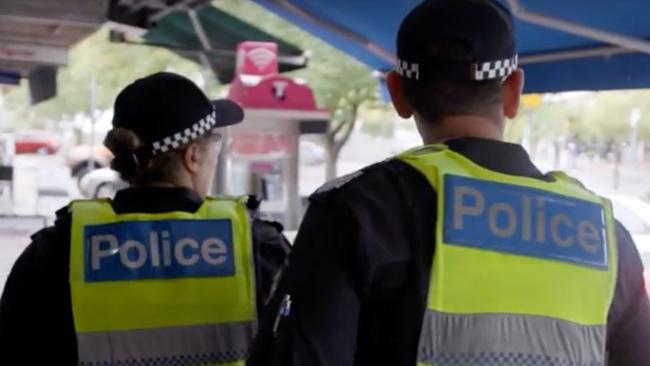Clive Williams: Overseas crime trends show the new avenues criminals are targeting
Closing the borders and reducing flights has hurt many illegal activities, but dodgy criminals have found new ways to target vulnerable community members during a health crisis, writes Clive Williams.

Opinion
Don't miss out on the headlines from Opinion. Followed categories will be added to My News.
Australian police forces have not publicised crime trends since COVID-19 arrived in January 2020, but we can extrapolate likely trends from what is happening elsewhere.
The American Brookings Institution said that while street crime appeared to have decreased considerably in Europe and North America, online crime, such as fraud, loan sharking and coerced online sex were on the increase.
Border closures and the shutdown of much international air traffic meant smuggling illicit drugs over long distances has become harder. What this likely means for Australia is an increase in clandestine laboratories producing amphetamine-type stimulants, particularly methylamphetamine.
Interpol Secretary-General Jurgen Stock said organised crime groups had adapted their activities to exploit the global health crisis. He said police forces around the world had already seized counterfeited medical items, including “thousands of counterfeited substandard protective masks, so-called corona spray, corona medicine and substandard hand sanitiser”.
In late March, Interpol announced 121 arrests had been made worldwide in an operation targeting the illicit online sale of medicines and medical products.
Cybercriminals were using the pandemic to spread malware by claiming to be health officials and encouraging people to open attachments providing health information. And by mid-March, telephone fraud and phishing campaigns had resulted in losses “as high as hundreds of thousands of dollars in a single case.”

An increase in US gun sales since the outbreak risked an rise in gun violence and murders, particularly in domestic settings.
In Canada, where the virus arrived in January, a new pattern of local crime was emerging: less street crime, fewer traffic violations and fewer frauds, but more vehicle thefts and more break-ins to unattended commercial premises.
Canada has similar self-isolation and work-from-home policies as Australia. There is less drink driving, however arguments and drinking at home is leading to more domestic violence.
In Australia, police have said they would not let up on cybercrime such as online child exploitation, but resources have been stretched by the demands of COVID-19, such as enforcement of self-isolation and maintenance of internal border controls.
Clive Williams is visiting professor at the ANU’s Centre for Military and Security Law
